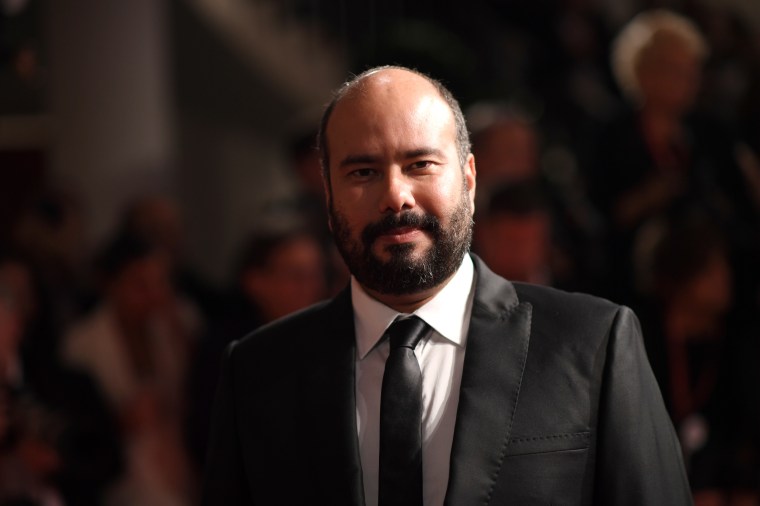Bogotá, Colombia, September 18, 2020 – Colombian authorities should not pursue criminal defamation charges against journalists Catalina Ruiz-Navarro and Matilde de los Milagros Londoño, the Committee to Protect Journalists said today.
In early September, the Colombian attorney general’s office ordered freelance journalists Ruiz-Navarro and Londoño to appear for questioning on September 14 in response to a criminal defamation complaint against them, according to Ruiz-Navarro, who spoke to CPJ via messaging app.
The suit was filed on July 2 by Ciro Guerra Picón, an Oscar-nominated director and screenwriter, alleging that an article the two journalists published in online news magazine Volcánicas on June 24 constituted defamation, according to Paola Tovar, a spokesperson for the attorney general’s office, who spoke to CPJ in a phone interview.
In that article, Ruiz-Navarro and Londoño reported on allegations that Guerra had sexually harassed or assaulted female actors and film crew workers in at least eight instances between 2013 and 2019.
If convicted of defamation, Ruiz-Navarro and Londoño could face 16 to 54 months in prison and a fine of up to about $375,000, according to Article 220 of Colombia’s penal code.
“It is absurd that Colombian law enforcement is moving more quickly to investigate the journalists who broke a story about alleged sexual assault than the person accused of committing those crimes,” said CPJ South and Central Americas Program Coordinator Natalie Southwick, in New York. “Catalina Ruiz-Navarro and Matilde de los Milagros Londoño should not face criminal defamation charges simply for reporting on a powerful individual. Colombian authorities should drop the investigation immediately.”
Tovar said that the journalists were called for questioning as part of a preliminary investigation by the attorney general’s office to determine whether to file formal criminal defamation charges against them.
Speaking to CPJ from Mexico City where she is based, Ruiz-Navarro said that she and Londoño refused to appear for the questioning because they did not want to reveal their sources, and said that their investigation speaks for itself. The article identifies the alleged victims by pseudonyms; the women feared they would be blackballed from Colombia’s film industry if they disclosed their names, Ruiz-Navaro told CPJ.
Guerra denied any wrongdoing in the Volcánicas article and in a June 24 video, reposted online by local magazine Semana. On July 2, the Bogotá law firm representing Guerra issued a statement announcing the criminal defamation complaint and claiming that the two journalists had damaged the filmmaker’s honor, dignity, and reputation, according to reports.
“This is very intimidating,” Ruiz-Navarro, who is also a columnist for the Bogotá daily El Espectador, told CPJ. “It sends a terrible message to investigative journalists and to women who have been sexually abused.”
Tovar told CPJ that the attorney general’s office has opened a preliminary investigation into the sexual harassment and assault allegations involving Guerra.
CPJ emailed Guerra for comment but did not receive any response.
After this article was published, Guerra’s lawyers, Fernando Triana and Ricardo Zuleta, emailed a statement to CPJ saying that they believed the journalists’ “personal behavior,” including statements to the media about the case, constituted criminal slander under Colombia’s penal code and must be investigated by Colombian authorities.
The statement said that the case “is far from being related to freedom of expression or the press, since the acts being investigated concern Navarro and Londoño’s actions through the statements they have made about the situation.”
On Twitter, the Bogotá-based Foundation for Press Freedom (FLIP) wrote that such criminal complaints “send an adverse message to those who report acts of sexual violence, and can promote a climate of self-censorship and fear.”
[Editors’ Note: This article has been updated to include a response from Guerra’s lawyers.]
